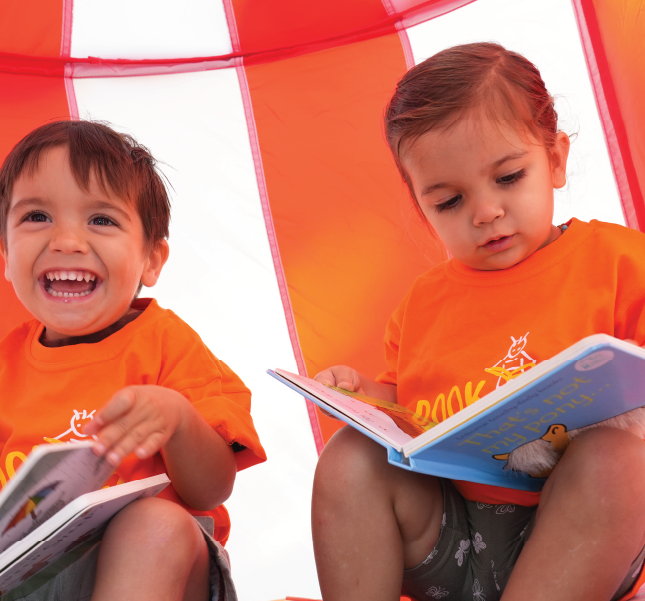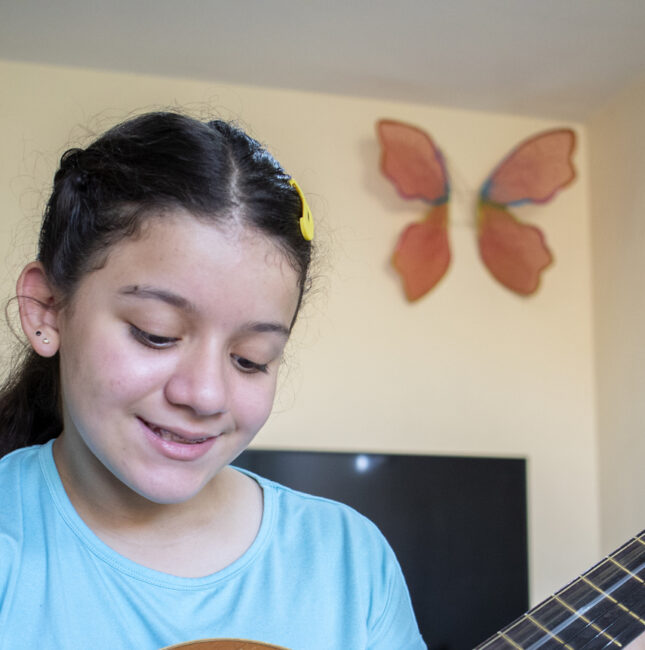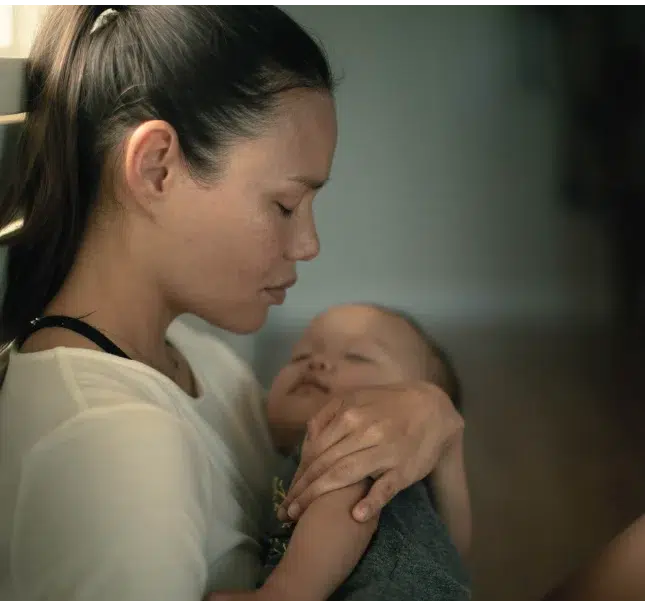Historic national Catholic Safeguarding Standards launched
June 18, 2019
Catholic Professional Standards Limited (CPSL) has released the historic National Catholic Safeguarding Standards in response to the recommendations of the Royal Commission into Institutional Responses to Child Sexual Abuse.
Speaking shortly after the release, CEO Sheree Limbrick said that during the Royal Commission, Catholic leaders committed to establishing nationally consistent standards and to the audit and public reporting of the compliance of Church Authorities with those standards.
“The National Catholic Safeguarding Standards and their supporting criteria build on the Royal Commission’s child safe standards and harmonise with the National Principles for Child Safe Organisations,” Ms Limbrick said.
“In addition, the National Catholic Safeguarding Standards include seven further criteria unique to the Catholic Church in response to specific Royal Commission recommendations and in light of consultations leading to the development of the Standards.
“CPSL has commenced auditing and we will release our first public reports on those audits around mid-year.
“While the Royal Commission praised the approach of entities including Catholic education and Catholic social services which are already heavily regulated, it also exposed many gaps in Church activities, especially at a local level and in ministries where there has been no external oversight or there has been poor understanding or implementation of what is needed in an organisation to protect children.
“By establishing CPSL the Church leadership has acknowledged past failures in leadership and committed to a radical change in Church culture, including clearer accountability and transparency.
“Adoption of the Standards, auditing and reporting processes is a practical demonstration of the strength of that commitment by bishops and religious leaders and we’ll be posting a list of participating Church authorities on the CPSL website.
“While it is not compulsory to participate in the audit process, many Church Authorities are in the process of signing up.
“The Standards result from 18 months of consultation and testing, and have been mapped against state legislation, the recommendations made by the Royal Commission and by national bodies and overseas experience. They take the new National Principles for Child Safe Organisations and apply them to the Catholic Church context.
Full release here.
Lyn Ainsworth, CatholicCare’s Executive Director says “CatholicCare welcomes the release of the ten National Catholic Safeguarding Standards, which are in line with the Child Safe Standards identified by the Royal Commission, and the National Principles of a Child Safe Organisation. CatholicCare embeds safeguarding at the core of all our services, and will use the standards to support our ongoing commitment to the safety and wellbeing of children and vulnerable adults”.
CatholicCare continues to build a culture and practice of safeguarding to protect the people we serve. The welfare of children, young people and vulnerable adults is at the heart of what we do. We empower staff and those in our care to speak up, share positive feedback, make a complaint or report abuse and neglect. We take what they say seriously. We respond to concerns. We listen and value the insights from children, young people and adults we support.
If you require assistance, support or have a safeguarding concern please contact Angela Thomas, Manager for Safeguarding on (02) 9481 2683 or via email angela.thomas@catholiccaredbb.org.au.
More news stories like this one
Changing lives through literature
Many of us take it for granted that our kids will grow up learning to read and write, yet for many children throughout Australia, this is not the case. Lack of education and early literacy can affect children throughout their lives and lead to psychological damage, poor health, fewer job opportunities and lower incomes.
Read MoreBuilding a support network makes all the difference for Julia
It was May 2022, and Julia’s whole body went numb as she sat in a hospital room with her 14 year old daughter, Anna. They'd been discharged from the hospital, but they had nowhere to go.
Read MoreThe importance of post natal mental health
Parenthood can be an extremely emotional time for everyone as it brings immense change. It can be both joyous and...
Read More


